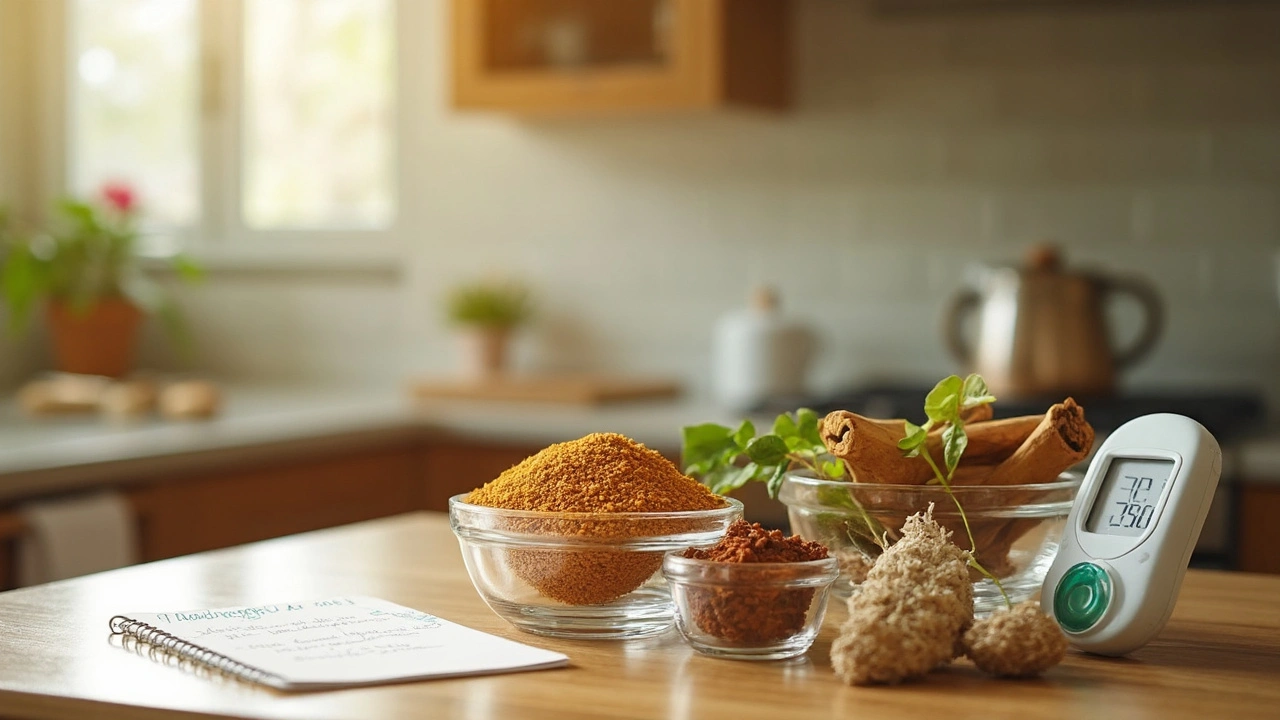Fenugreek Benefits, Uses & Safe Dosage – Quick Guide
Fenugreek is a humble seed that shows up in kitchens, medicine cabinets, and even gyms. You might have seen it in curry powders or as a bitter‑tasting tea. But beyond flavor, it packs a punch of health perks that many people overlook.
Top Health Benefits You Can Count On
First up, blood sugar control. Studies show fenugreek’s soluble fiber slows carb absorption, which can keep glucose spikes in check. If you’re watching your sugar, a daily dose of 2–5 grams of powdered seed often does the trick.
Next, lactation support. Nursing moms swear by fenugreek for boosting milk supply. The phytoestrogens in the seed mimic the body’s own hormones, nudging the glands to produce more. Most lactation guides recommend 1–2 capsules (500 mg each) three times a day for a few weeks.
Men, you’re not left out. Fenugreek may help maintain healthy testosterone levels, which can aid muscle growth and libido. A typical regimen for this purpose is 600 mg of a standardized extract taken twice daily.
How to Use Fenugreek Safely
When it comes to form, you’ve got options: whole seeds, powdered seed, capsules, or even tea. Whole seeds are great for cooking—sprinkle them on roasted veggies or add them to soups. Powder works well in smoothies or yogurt. Capsules are the cleanest way to hit a precise dose.
Start low. If you’re new, try 1 gram of powder or one capsule daily for a week. Watch how you feel, then gradually increase to the sweet spot (usually 2–5 grams of powder or 3 capsules a day). Drinking plenty of water helps the fiber move through your system without causing gas.
Side effects are usually mild: bloating, diarrhea, or a maple‑syrup smell in sweat and urine. If these bother you, cut the dose in half and see if it eases up. Pregnant women should avoid high doses because fenugreek can act like estrogen and potentially trigger contractions.
Mixing fenugreek with blood‑thiners (like warfarin) or diabetes meds can amplify their effects, so a quick chat with your doctor is wise before adding it to your routine.
Overall, fenugreek is a versatile, low‑cost ally for blood sugar, milk production, and hormone balance. Keep the dose reasonable, stay hydrated, and you’ll reap the benefits without the quirks.

Herbal Solutions for Insulin Resistance: Cinnamon, Fenugreek & Gymnema Backed by Science
Herbal Strategies for Insulin Resistance Backed by Science dives deep into the latest research on cinnamon, fenugreek, and gymnema, and how these herbs can support glucose metabolism. Discover the most compelling facts, practical tips, and how to use these herbs safely in your routine. Learn which supplements work best, which ones to skip, and what you need to know to manage blood sugar naturally. Plus, get inspired with simple ways to combine these herbal strategies with your lifestyle for the biggest impact.
